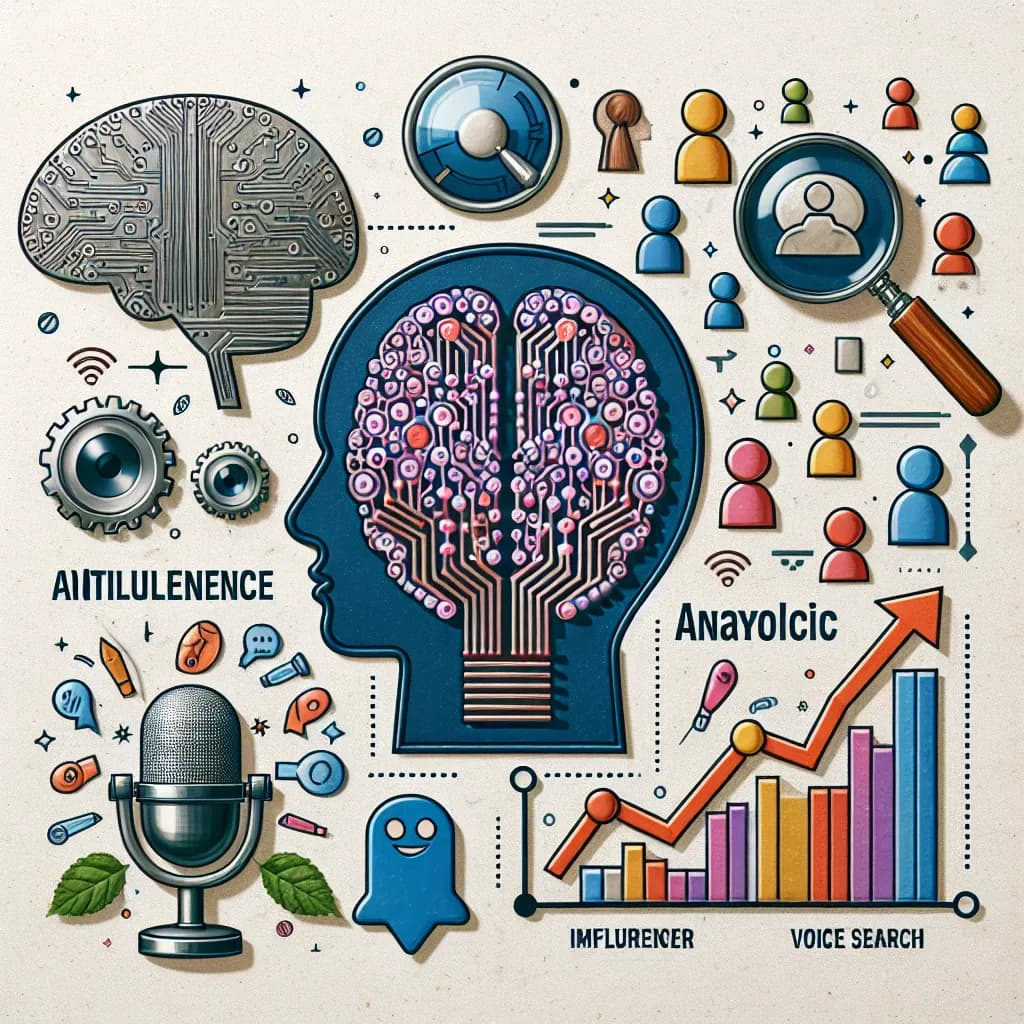Date:
27/12/2023
Listen to this article:
Key Points
The New York Times (NYT) has filed a lawsuit against OpenAI and Microsoft.
NYT accuses them of using its articles to train AI technologies without permission.
This case highlights the legal complexities surrounding AI and copyright.
The lawsuit follows failed negotiations between NYT, OpenAI, and Microsoft.
NYT seeks damages and the destruction of AI models using its content.
The New York Times has initiated a landmark legal battle against OpenAI and Microsoft, marking a significant moment in the evolving relationship between AI technology and copyright law. This article delves into the details of this groundbreaking lawsuit and its potential implications for the media and tech industries.
Background of the Lawsuit
On December 27, 2023, The New York Times filed a lawsuit in the Southern District of New York, Manhattan, against OpenAI and Microsoft. The newspaper alleges that these companies have unlawfully used its copyrighted material to train their artificial intelligence products, including the widely known ChatGPT. This usage, according to the NYT, is not only illegal but also competes directly with its services, posing a threat to its operational model.
The Core of NYT's Complaint
The NYT's complaint centers around the contention that OpenAI and Microsoft have been 'free-riding' on the newspaper's substantial investment in journalism. By using NYT's content to develop AI products without permission or compensation, these tech giants have allegedly violated copyright laws. The newspaper is not just seeking monetary damages but also demanding the destruction of chatbot models and training sets that include its material.
Broader Implications
This lawsuit is not an isolated case. Other authors and media personalities, including well-known novelists and comedian Sarah Silverman, have also filed similar lawsuits against OpenAI and Microsoft, accusing them of using their works without permission for AI training purposes. These cases underscore a growing concern in the creative and media industries about the unregulated use of copyrighted material in AI development.
OpenAI and Microsoft's Stance
As of the filing, OpenAI and Microsoft had not publicly responded to the lawsuit. However, it's worth noting that Microsoft is a major backer of OpenAI, having invested billions since their partnership began in 2019. This financial intertwining complicates the situation, as Microsoft's investments have significantly powered OpenAI's AI research and product development.
Negotiation Attempts and Breakdown
The NYT indicated that it had previously reached out to both companies in April to discuss the use of its intellectual property and seek a fair resolution. The newspaper emphasized its aim to facilitate a responsible development of AI technologies that benefit society while ensuring that it received fair value for its content. However, these negotiations did not lead to a satisfactory resolution, prompting the lawsuit.
Conclusion
The New York Times' lawsuit against OpenAI and Microsoft is poised to become a landmark case in copyright law as it pertains to AI technology. It raises critical questions about the ethical and legal use of copyrighted materials in training AI models and could set a precedent for future disputes in this rapidly evolving field.
About the author
Evalest's tech news is crafted by cutting-edge Artificial Intelligence (AI), meticulously fine-tuned and overseen by our elite tech team. Our summarized news articles stand out for their objectivity and simplicity, making complex tech developments accessible to everyone. With a commitment to accuracy and innovation, our AI captures the pulse of the tech world, delivering insights and updates daily. The expertise and dedication of the Evalest team ensure that the content is genuine, relevant, and forward-thinking.
Related news

How to Growth Hacking in 2024
The top growth hacking strategies for 2024, integrating AI, voice search optimization, influencer marketing, and more to drive rapid business expansion.

Investor Tips for Startups in 2024: Navigating Challenges and Seizing Opportunities
Explore key investor insights for startups in 2024, focusing on AI innovation, diverse funding, and operational strategies for success.

Tech Investors Predict 2024 Trends: An Overview
Exploring key 2024 technology trends as predicted by investors, focusing on AI, cloud computing, cybersecurity, robotics, and IoT.